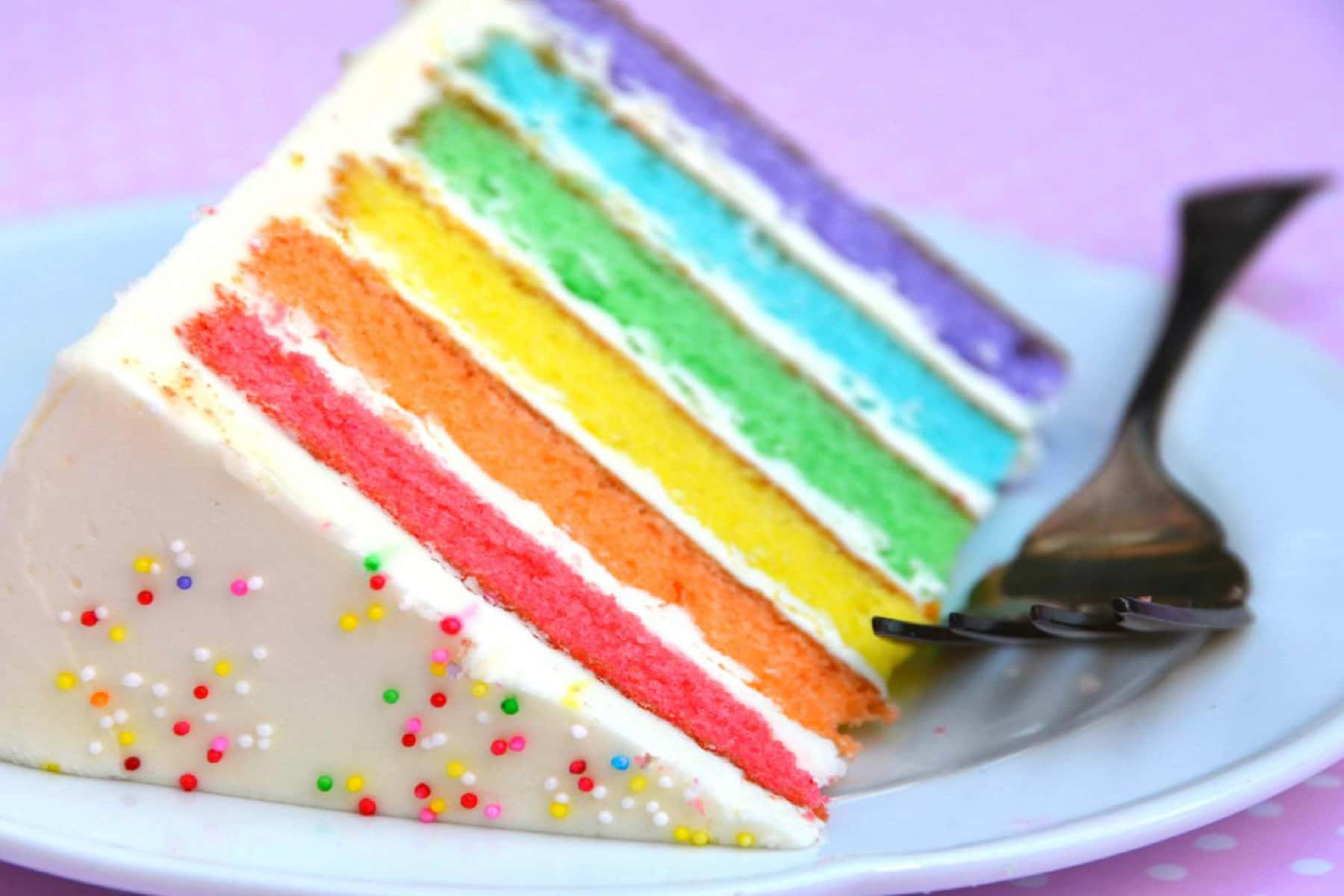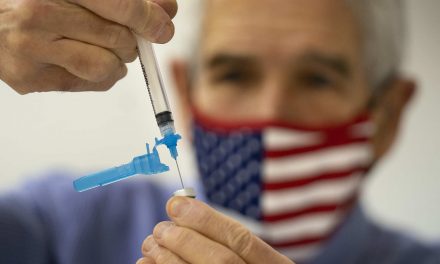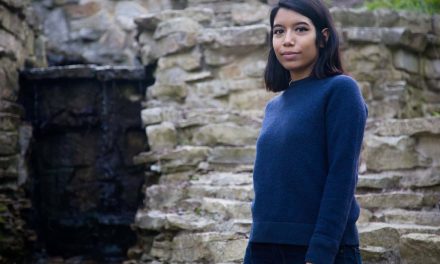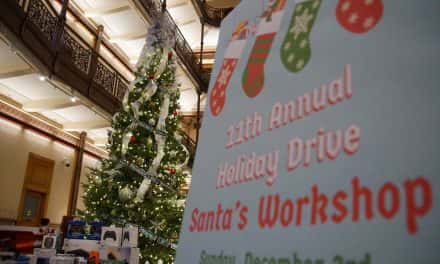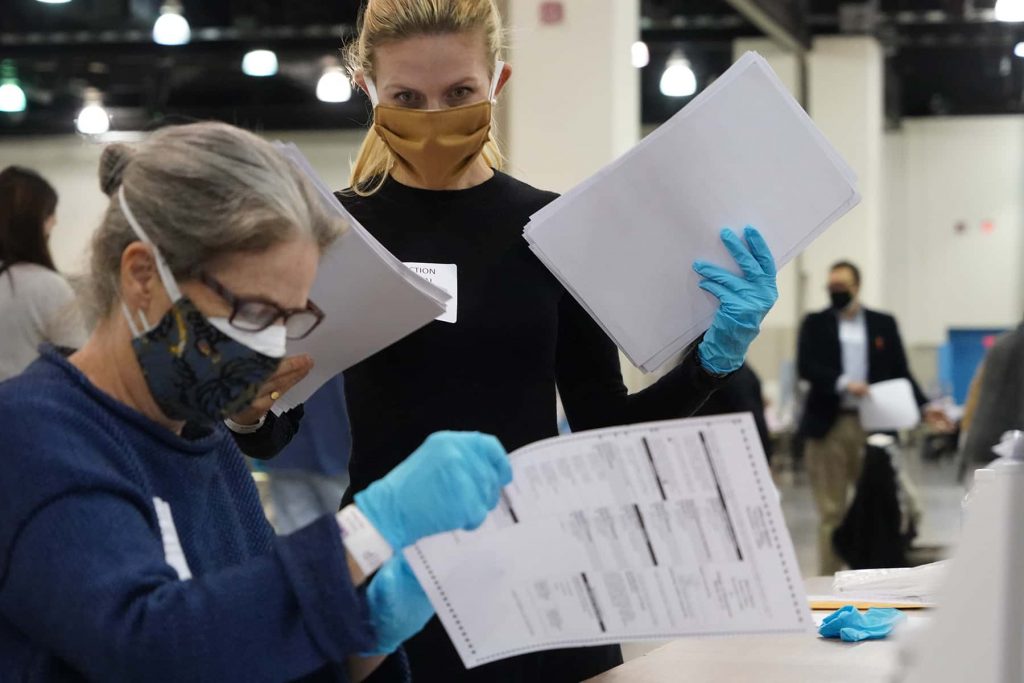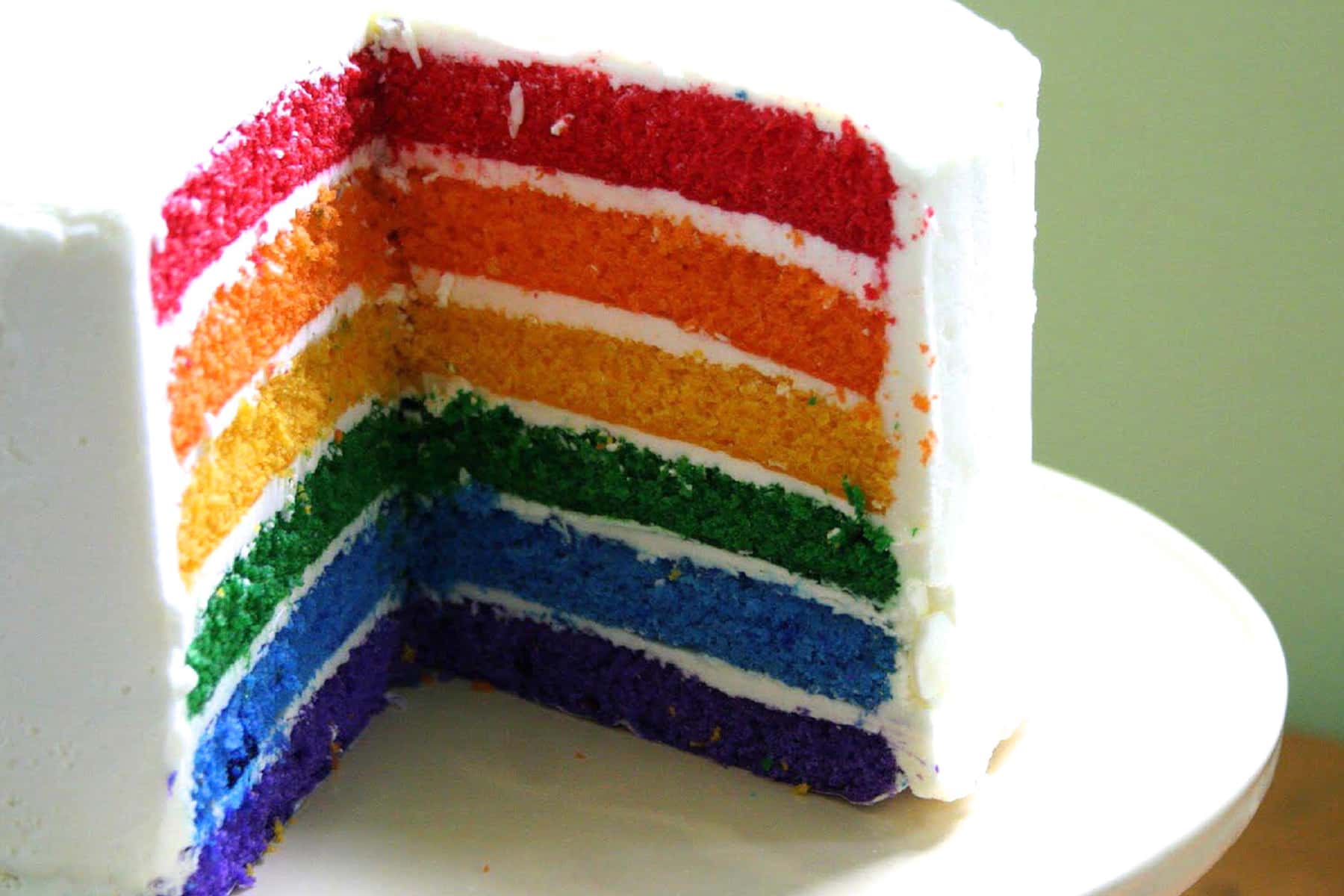
When people ask about my relationship with religion, I tend to fall back to the Facebook option, “it’s complicated.”
The United Methodist Church (UMC) I was raised in was actively warm and unconditionally loving. It was a place where I was safe to explore my identity and free to be anyone I wanted. In my adolescence, that meant experimenting with outfits as much as ideologies. To their credit, my church family never withheld their support, although my parents likely had some interesting conversations.
As I grew older, I began learning about the incredible pain that other people were causing in the name of this God and this Church, and I was equally confused and appalled. Much of the pain the church created was rooted in homophobia, and I was a newly out and proud queer kid. It was the mid-1990s and there was story after story of gay people being asked to leave churches that they had been members of for years.
That behavior did not make any sense to me. I knew churches to be the most welcoming of places, so why would they ever ask anyone to leave? Then I began to wonder about my own church. I summoned all of my teen angst and feistiness, practically clenched my fists, and approached my pastor. He was an incredibly gentle and kind man who had developed a youth program that allowed me to flourish, but I was prepped for a heated debate.
I asked him pointedly, “What would you do if a gay couple wanted to join the church?”
He likely saw me coming from a mile away but regardless, he just gave me his friendly smile and said “that would be fine” with such sincerity and nonchalance that I was left deflated but relieved. It was that moment that taught me for certain the UMC was more progressive than other denominations. But in my gratitude that LGBTQ people would not face opposition in joining my church, I did not think to ask if we could also be clergy or marry, which would have received a different answer.
The UMC is ruled by a constitution of sorts called the Book of Discipline. It states that, “homosexuality is incompatible with Christian teaching” and forbids same-sex marriages and the ordination of people who are openly gay. This thinking, as well as the racial injustice of America’s Christianity, led to me to reject the church and revoke my membership when I left for college in 1997.
But despite 22 years away, I never completely left. I have always felt a pull toward spirituality and explored it in many ways. I have never doubted the existence of a supreme deity and a spiritual realm, and when I say “Thank Christ” I mean it sincerely. I have even continued to occasionally attend the church of my youth.
My parents, who are strong LGBTQ allies, are still active members in Milwaukee and I go to support them as well as see many of the loving faces of my childhood. But I remain interested in the positions of UMC clergy. The declaration against homosexuality in the Book of Discipline is interpreted differently by individual pastors, and the issue of LGBTQ inclusion is given different levels of importance. My parents’ church has had 5 pastors since I left.
Despite my estrangement from the church, there was a UMC pastor who made a point of connecting with me. She met with me privately, and she made herself available for my challenging questions about God, Jesus, and Christianity. She guided me through difficult personal times, and has remained a dear friend for many years. Her wisdom is deep, her love is intense and unconditional, and she expects nothing less of the church than radical inclusion.
When my partner and I got engaged, we wanted her to officiate our wedding. It would have been so meaningful for me to have this pastor, who I love, be the one to bring me and my wife together in marriage. When I asked if she could do it, initially she said yes and that she would figure out a way.
But after further reflection on it, we all realized the risk was too high. By marrying us she could have lost her career. She spoke and prayed for us at the wedding which was wonderful, but our marriage certificate is signed by someone who we met online.
In St. Louis on February 26, the UMC voted to strengthen their stance against LGBTQ folks. The majority of those who voted that way were from the international congregations, and there seems to be evidence that their votes were exploitatively paid for. I am not clear on all the details, and there is a good chance that a lot of the new rules will ultimately be thrown out, but it is still a painful blow to LGBTQ Methodists and allies.
Even though I am not a member, I felt the hit too. It is difficult to want to be part of a church, have conflicting feelings about institutional religion, and know that institutional religion has conflicting feelings about me and those I love.
After the anti-LGBT vote by the UMC, I attended a UMC church again to listen to my favorite pastor. She said that if a mother is forced to choose which of her children she loves the most, she will say that when one is hurting, in that moment she loves that one most. And that was why she, like other pastors on that day, lifted up her LGBTQ children of God and loved us most.
The entire church building and all its people were decorated in pride banners, flags, and clothes. My wife laughed at me for wearing a pride shirt and jewelry to church, but on that day they were handing out rainbow stickers to make sure everyone had something to wear. It was communion Sunday, but the pastor did not serve communion – she had her LGBTQ members serve it instead.
The fellowship gathering, after the service, even featured rainbow frosted cake and cookies. It was the biggest celebration of LGBTQ people I had ever seen inside of a Christian worship service. Afterwards, I learned that other UMC churches had held similar services as well.
Some activists I know are now more engaged than ever in addressing homophobia and racism within the church, and LGBTQ-affirming Christians are coming out louder and stronger than before. While the UMC authorities struggle to get on board with equality, local pastors and congregations are strengthening their resolve and actively welcoming us with open arms, warm smiles, and pride cake.
There has long been a clear and growing divide within the church, but the vote in St. Louis deepened it. The voters required hate, but some Milwaukee congregations responded with an outpouring of love unlike ever before.
Every LGBTQ person has to decide for themselves what, if anything, they want from religion. My journey has been long and uphill, and I may not come to a final conclusion on things. I may never find a great fit for a church home. But I was happy to take communion from my LGBTQ family, and I am grateful that so many in my UMC family are fighting hard for our equality.
Laura Wozniak

